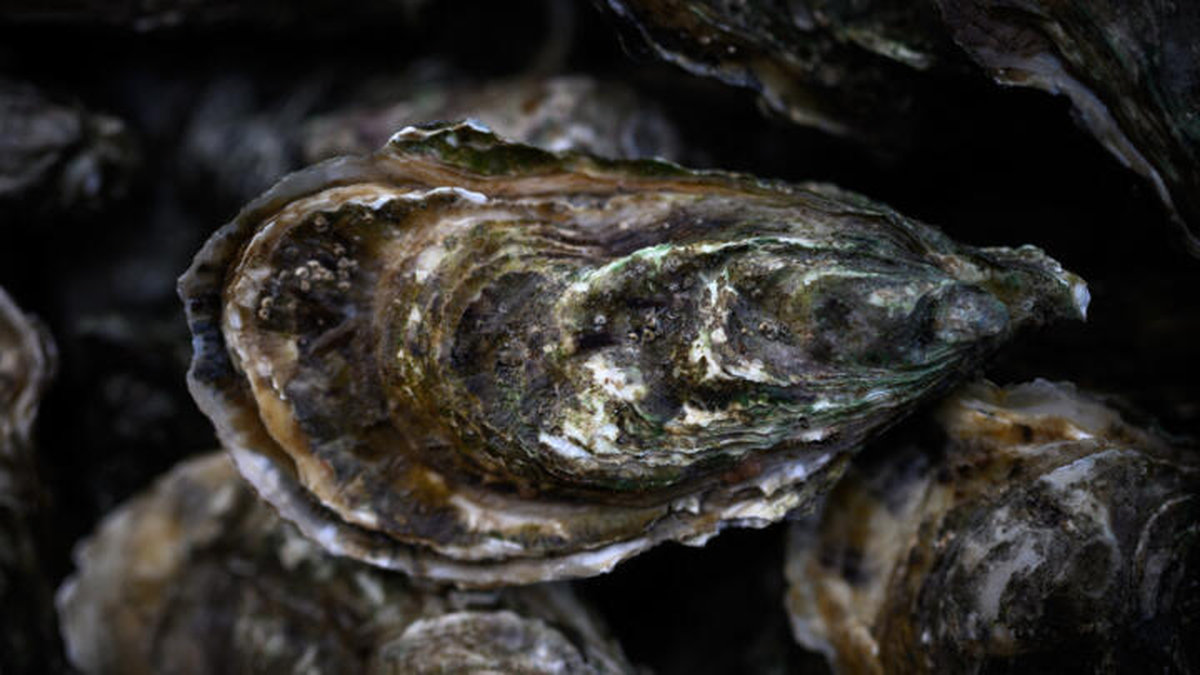OSTEND: A sunken cargo ship off Belgium’s coast has become an unlikely sanctuary for rare flat oysters, marking a significant step in marine ecosystem restoration.
The mollusc, nearly wiped out in the North Sea due to overfishing and environmental changes, is being reintroduced to revive underwater habitats.
The “Belreefs” project, backed by the Belgian government and EU funding, recently placed 200,000 oyster larvae inside the 1906 shipwreck, located 30 metres underwater.
“We have to bring them back because they are essential elements in our marine ecosystems,“ said Vicky Stratigaki, an engineer involved in the initiative.
Flat oysters play a crucial role in marine environments by forming reefs that purify water and provide breeding grounds for fish and algae. However, historical overfishing, parasitic infections, and climate impacts have decimated their populations since the 1850s.
The wreck, protected as cultural heritage, offers a safe zone free from fishing disruptions. “It’s a hot spot for biodiversity,“ noted Merel Oeyen, a marine expert at Belgium’s health ministry.
Scientists estimate only 30,000 larvae will survive the first year, but those that do will help expand the reef naturally.
This effort follows two years of preparation and highlights Belgium’s commitment to reviving marine ecosystems.
“Then they will start reproducing, extending the reef and also supporting the biodiversity of the reef,“ Stratigaki added. - AFP









